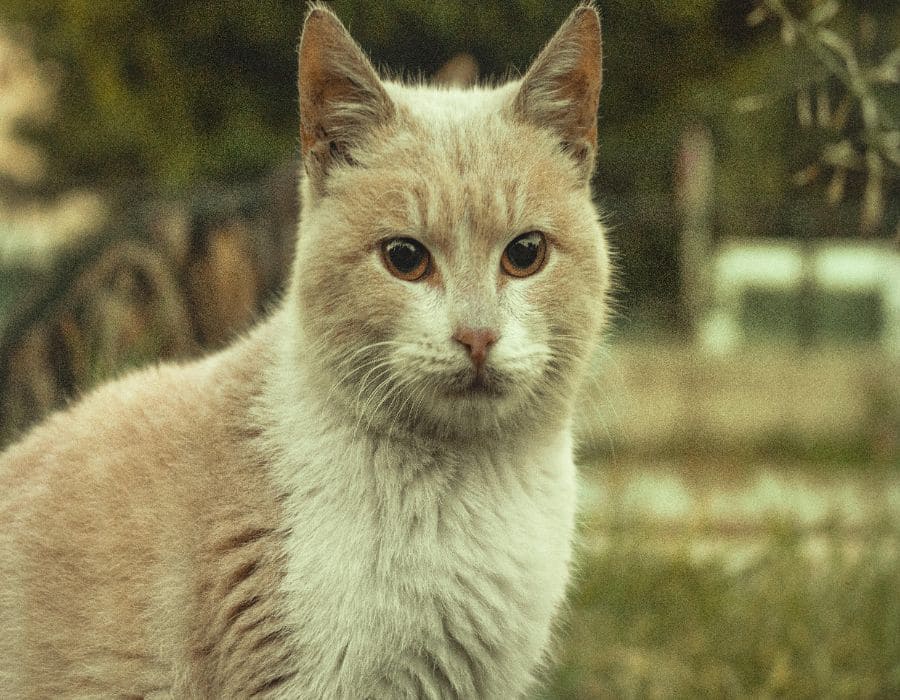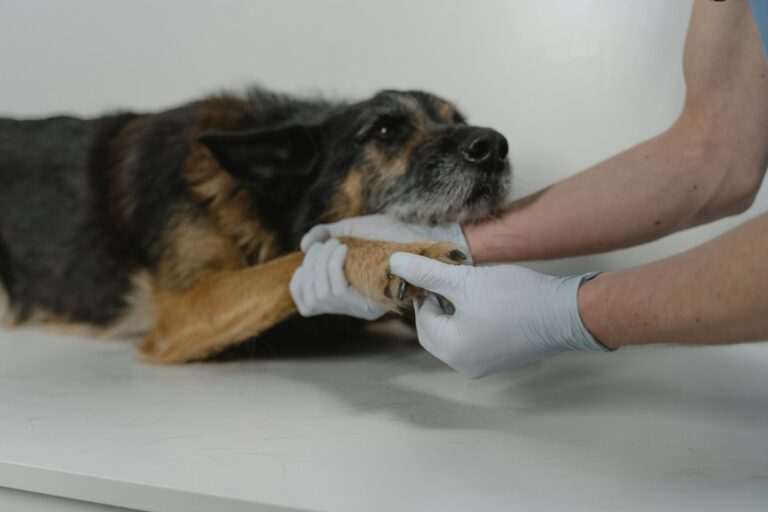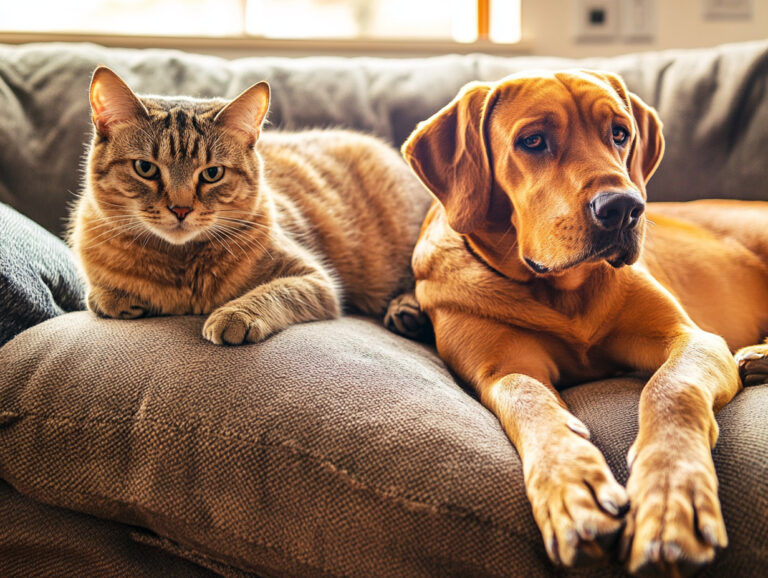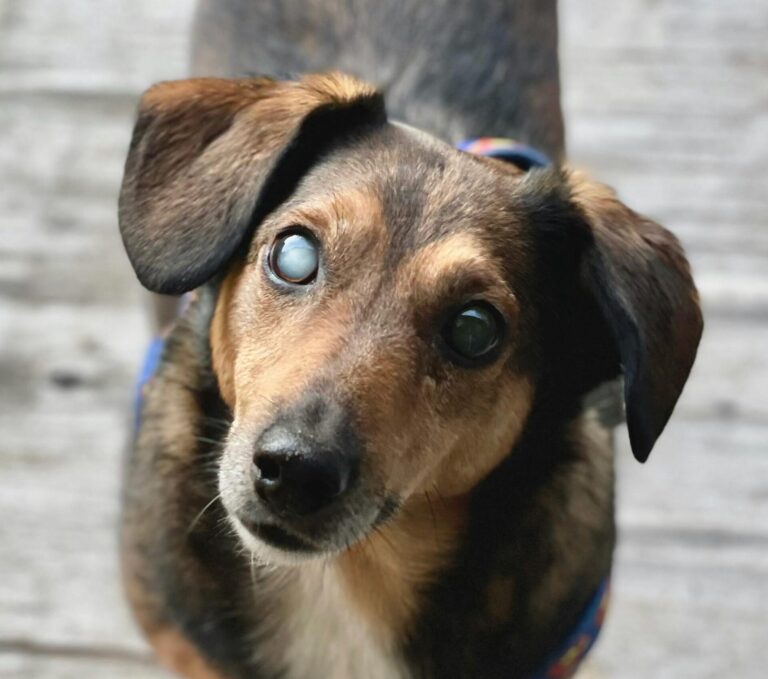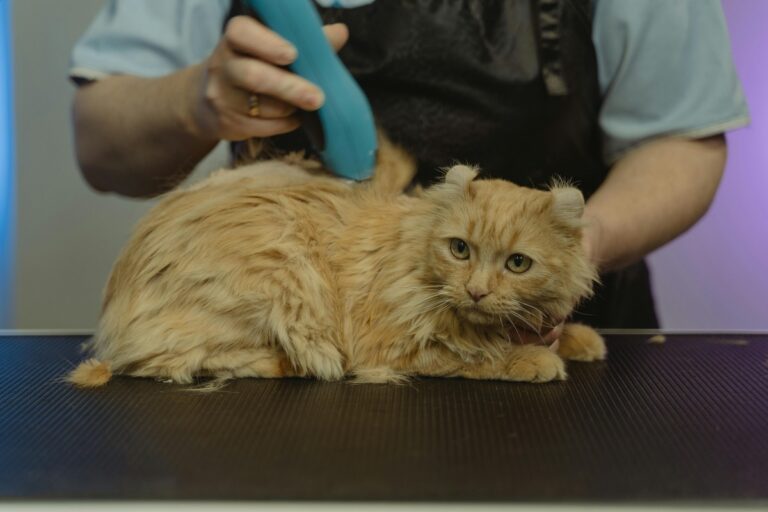11 Strange Sounds Your Cat Makes and What They Mean
Cats are known for their mysterious nature, and their vocalizations are just as intriguing. While meows and purrs are common, some sounds can leave even the most experienced cat owners puzzled.
From chirps to eerie yowls, every sound has a meaning. Some indicate excitement, while others signal discomfort or distress. Understanding these vocal cues can help strengthen your bond with your feline friend.
Chirping
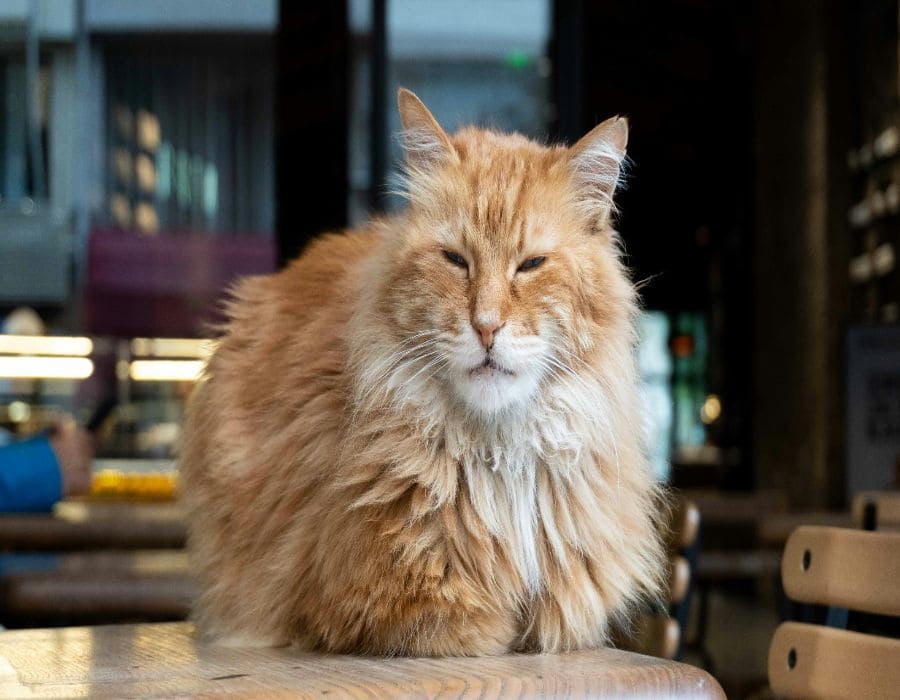
This high-pitched sound, often directed at birds or toys, is a mix of excitement and frustration. It’s your cat’s way of saying, “I see prey, but I can’t catch it!”
Trilling
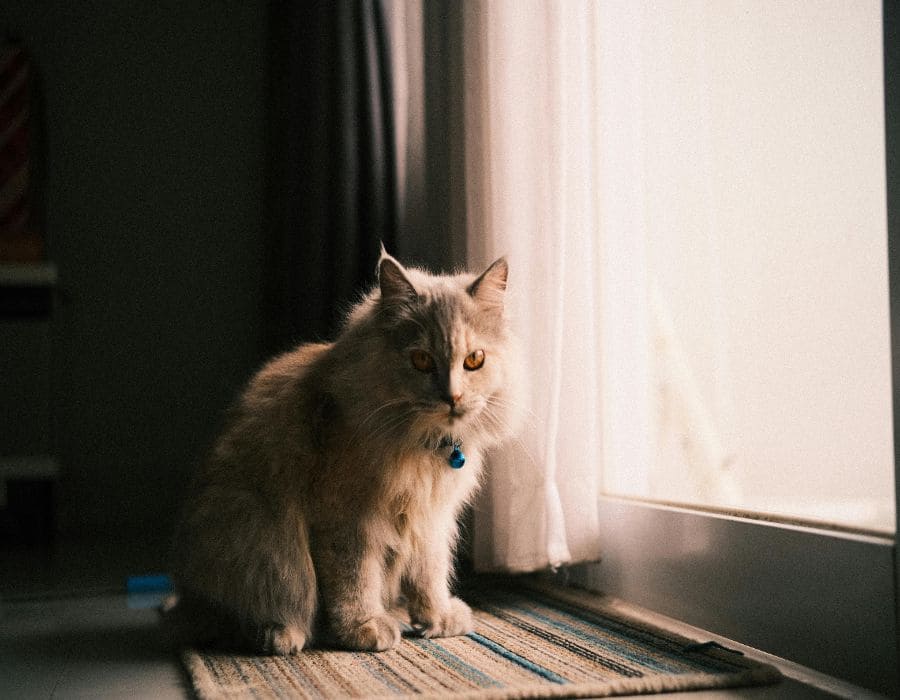
A friendly, rolling sound, trilling is often a greeting or sign of affection. Mother cats use it to communicate with kittens, and some cats trill to get their owner’s attention.
Yowling
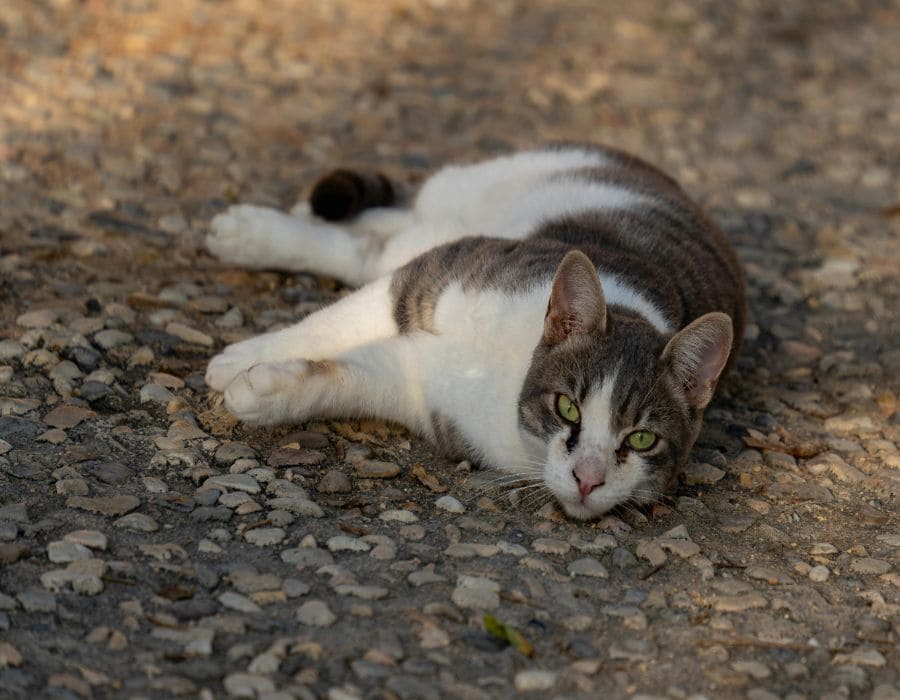
Unlike meowing, yowling is a long, drawn-out sound signaling distress, discomfort, or a need for attention. Unspayed cats in heat frequently yowl to attract mates.
Chattering
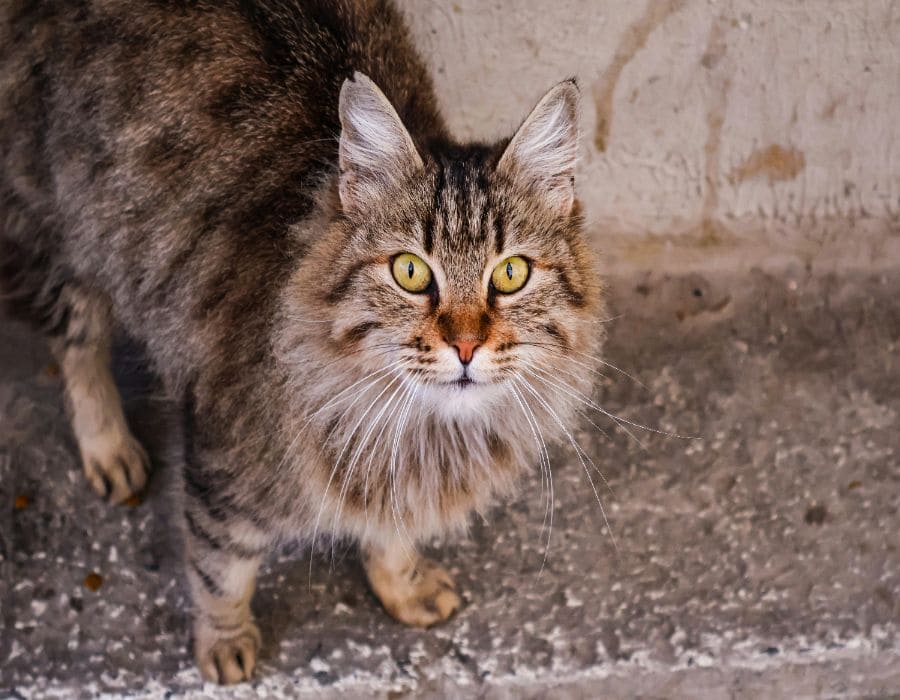
A rapid, clicking noise made while staring at prey, chattering is thought to be an instinctual reaction. Some believe it mimics the movement of a predator’s jaws before a kill.
Growling
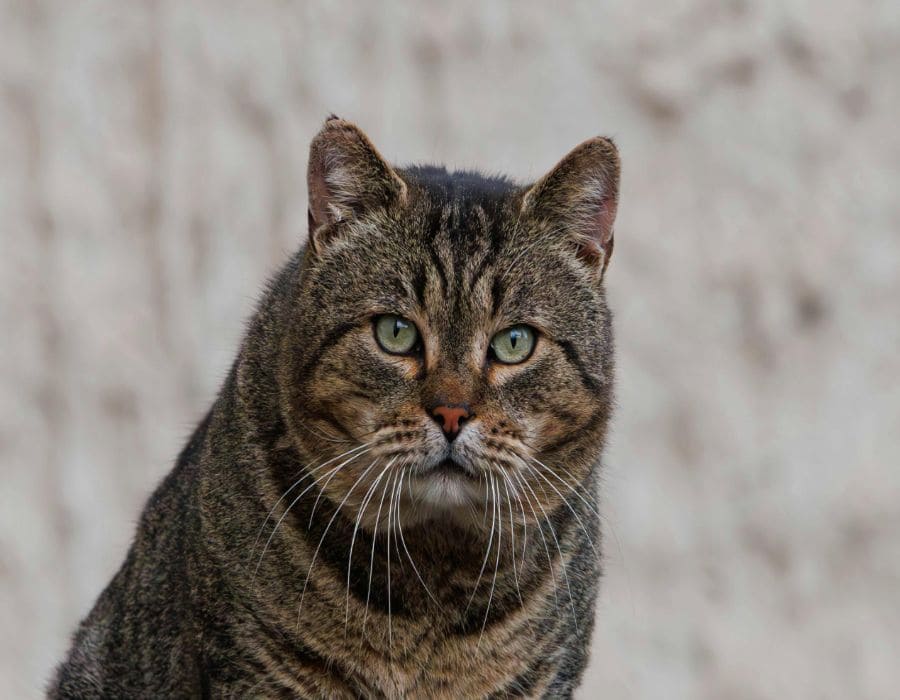
A deep growl is a clear warning. It signals fear, anger, or territorial defense. If your cat growls frequently, it’s best to assess their environment for stressors.
Hissing
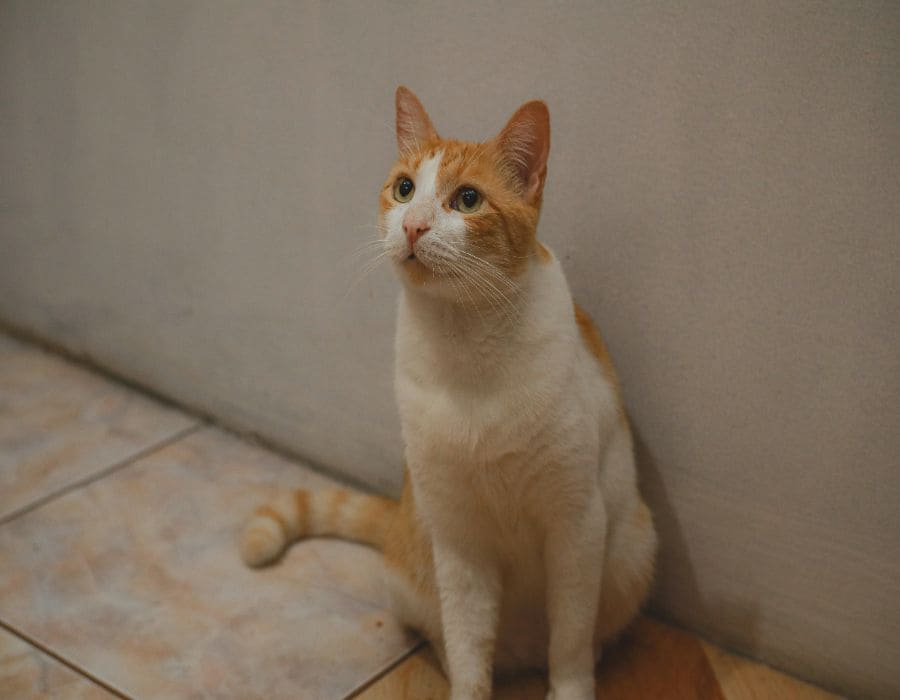
Hissing is a defensive sound used to warn off perceived threats. If a cat hisses at you, give them space—it’s their way of saying, “Back off!”
Caterwauling
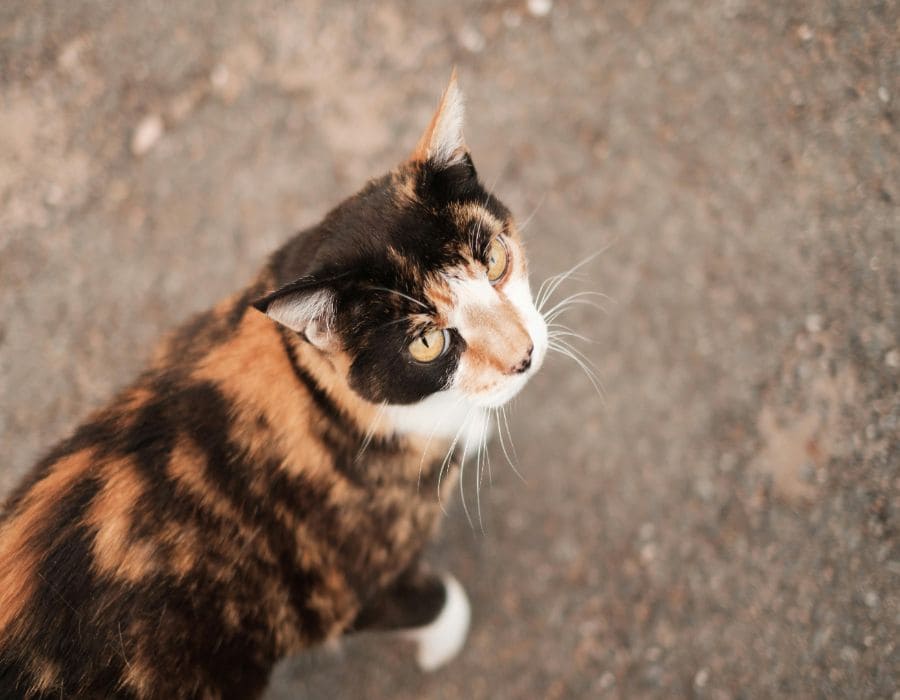
A loud, eerie wail, caterwauling is usually heard from cats in heat or those feeling lonely. Elderly cats may also caterwaul due to cognitive decline or confusion.
Snoring
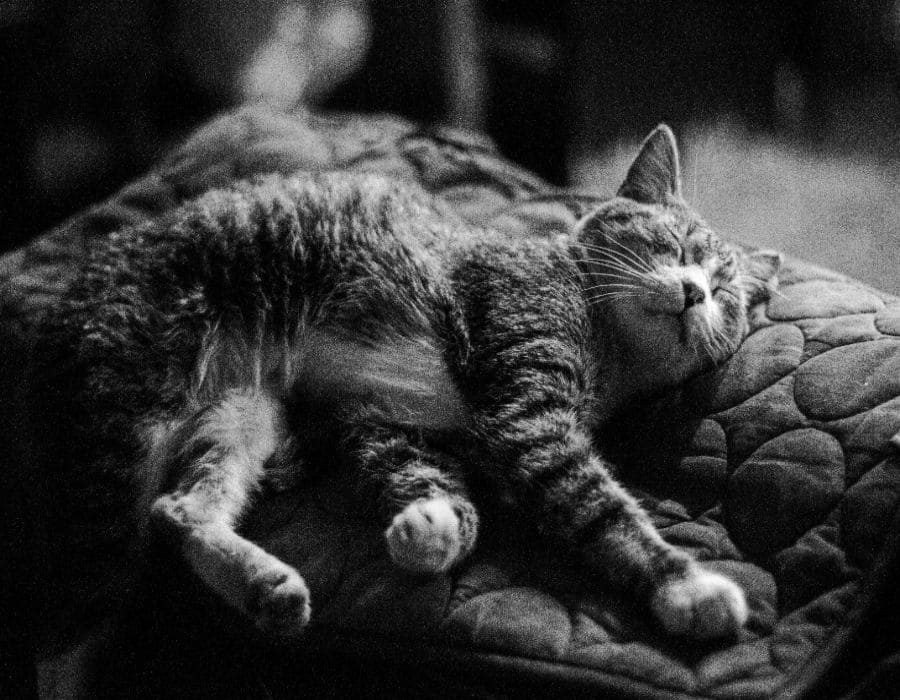
Some cats snore when they’re in deep sleep, especially brachycephalic (flat-faced) breeds like Persians. Occasional snoring is normal, but loud or sudden snoring could indicate a health issue.
Moaning
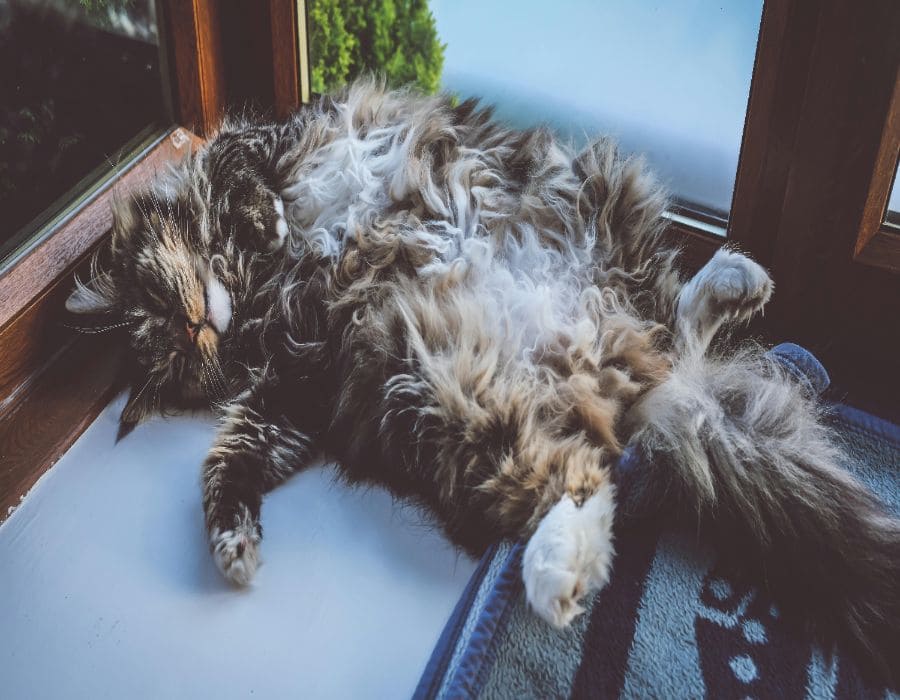
A low-pitched, prolonged sound, moaning often indicates discomfort or illness. Cats may moan when they’re in pain or feeling unwell. If your cat exhibits this behavior, it’s advisable to consult a veterinarian.
Snarling
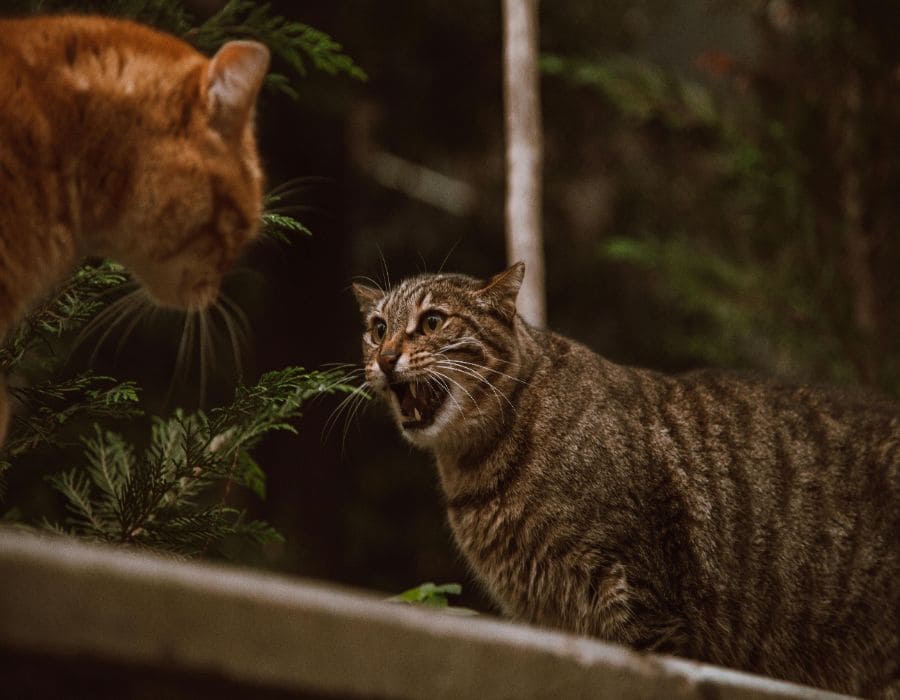
A combination of a growl and a hiss, snarling is a sign of intense fear or aggression. Cats snarl to warn off threats or during confrontations with other animals. It’s best to give a snarling cat space to calm down.
Silent Meow
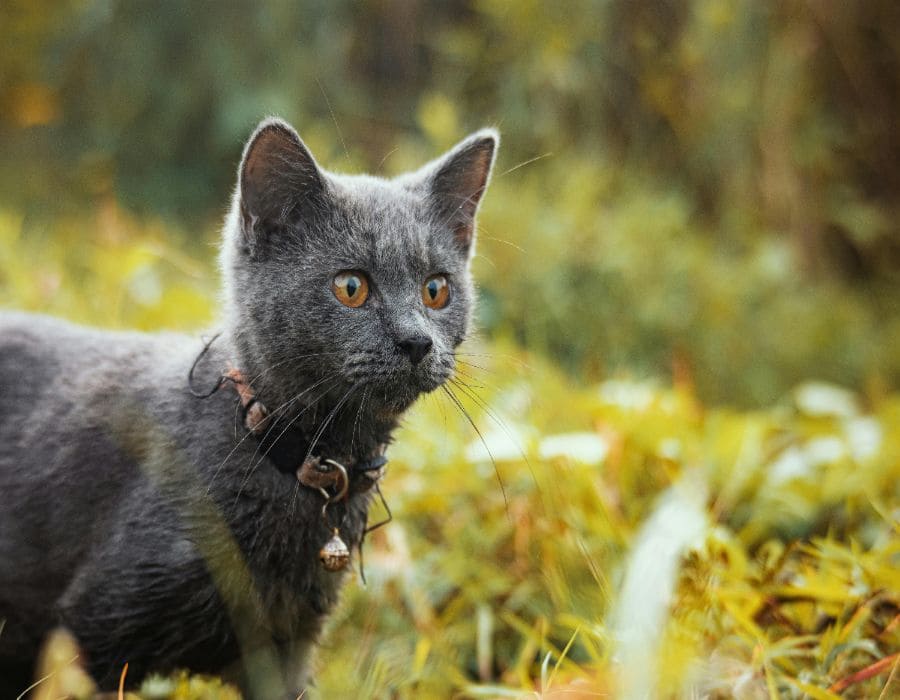
Sometimes, cats open their mouths as if to meow but no sound emerges. This silent meow is often a gentle request for attention or food. It’s a subtle way your cat communicates their needs without making noise.
Conclusion
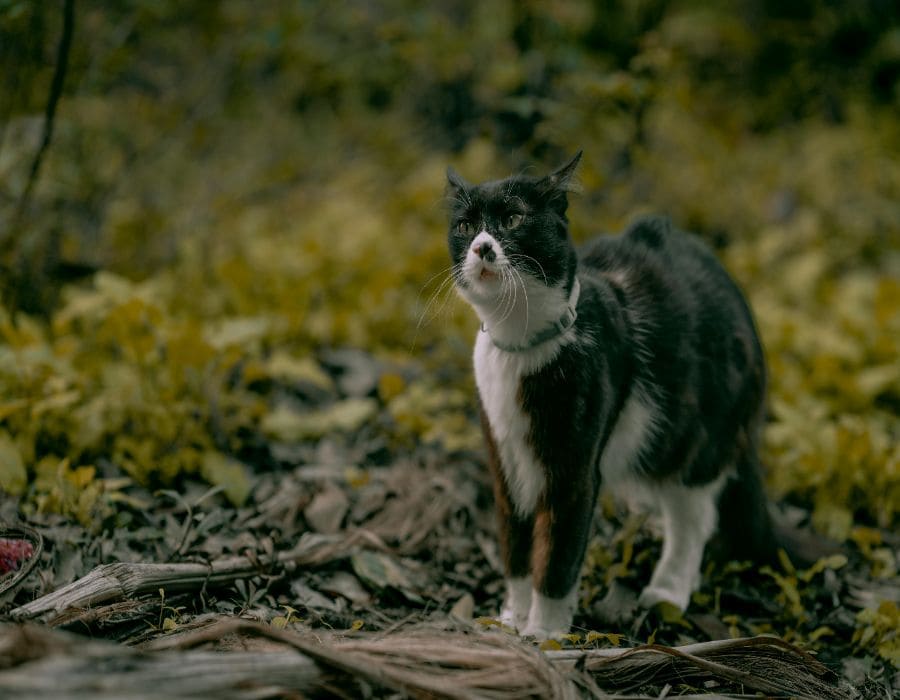
Cats use a variety of sounds to express their emotions and needs. Recognizing these unique vocalizations helps you better understand your pet and respond accordingly. If your cat’s noises suddenly change, a vet visit may be necessary to rule out any health concerns.

